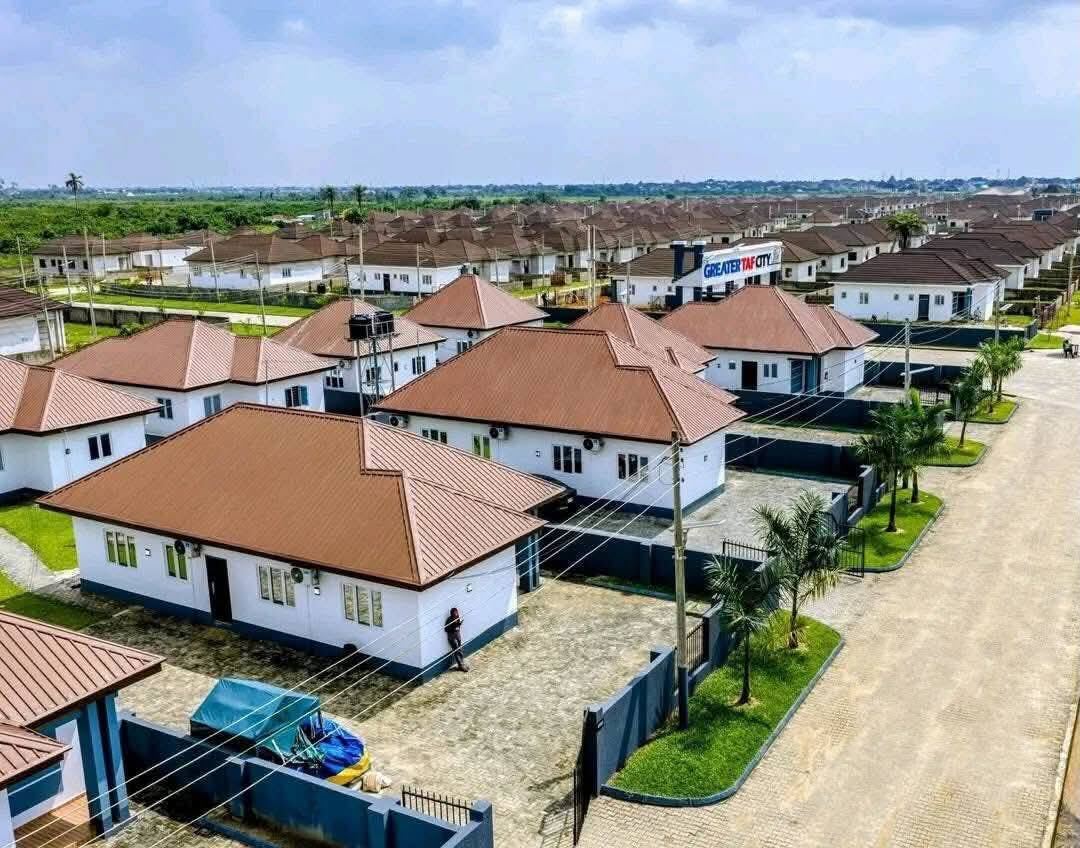
The Nigerian Institute of Architects (NIA) has emphasised the need for the government and other stakeholders to create an enabling environment, where architects can drive social change in urban centres.
NIA President, Mobolaji Adeniyi, also challenged architects not to see themselves as designers but as drivers of change that Nigeria desperately needs, noting that practitioners should initiate community-driven projects that can transform lives.
The NIA president, who spoke on the sidelines of the Commonwealth Association of Architects (CAA) general assembly and symposium in Kigali, Rwanda, led the Nigerian delegation, comprising 15 architects from practice, academia, and the public sector to the forum themed: “Education, Policy, and Practice; Advancing the Declaration on Sustainable Urbanisation in the Commonwealth.” She said the conference was a reminder of the shared challenges of architects across the world.
“From Africa and Asia to Canada and the United Kingdom, the conversations revolved around the critical need to bridge the gap between academia and practice, the essential entrepreneurial and business skills required for survival in our evolving profession, and the role of government and policymakers in creating an environment where architects can drive social change in our urban centres,” she said.
Adeniyi observed that the transformation of Kigali- a city once ravaged by unimaginable horror- into a pristine, vibrant metropolis with iconic structures and green spaces left a lasting impact on practitioners.
She said: “I could not help but draw a painful comparison to the chaos that pervades our cities and neighbourhoods in Nigeria. The lack of urban planning, inadequate infrastructure, and environmental degradation are a few aspects of this chaos. Despite these challenges, we have the potential to transform our cities.
“With our vast natural and human resources, we can unite as a community of architects to build a nation that reflects our title as the giant of Africa. We must be bold enough to pursue political power through the ballot in our constituencies, recognising policymakers’ immense influence- an influence that could, and should, be ours.
We are the ones who, with our potential to shape the future of our nation, hold the power to make a difference.”
According to her, the economic power held by wealthy entrepreneurs should serve as inspiration for architects, who not only design buildings but also shape the fabric of society.
“One of the conference’s highlights was meeting with the President of Antigua and Barbuda, a nation with just 150 architects. This encounter reminded me that size and numbers do not define impact; vision and commitment do. Reflecting on this experience, I urge us to celebrate our strengths despite the challenges.
“We do not need validation from the West or former Colonial Masters. It is time to be authentic and take control of our destinies as Nigerians and Africans. We are the ones who will shape the future of our nation and continent, and it’s time we take charge and steer it in the right direction,” she said.






